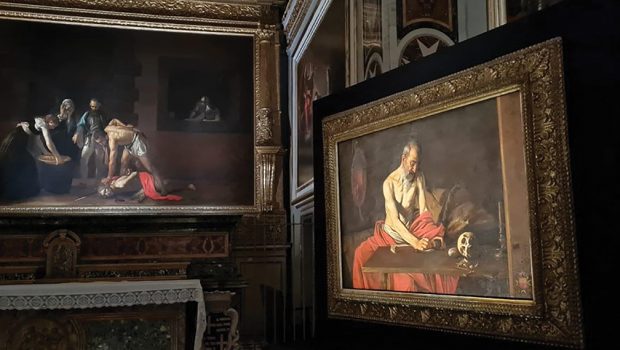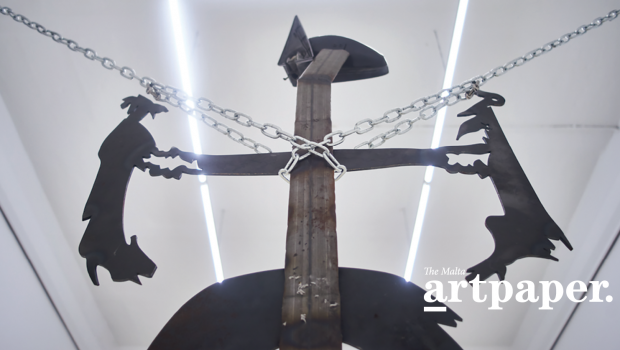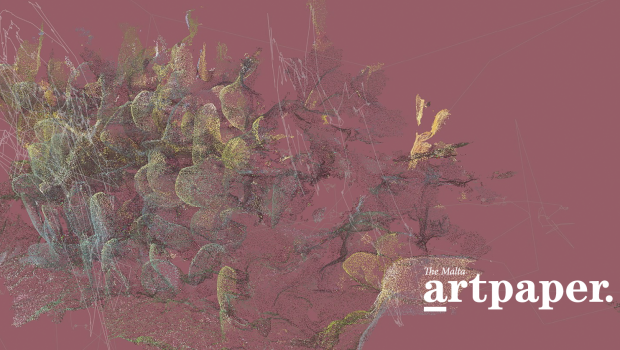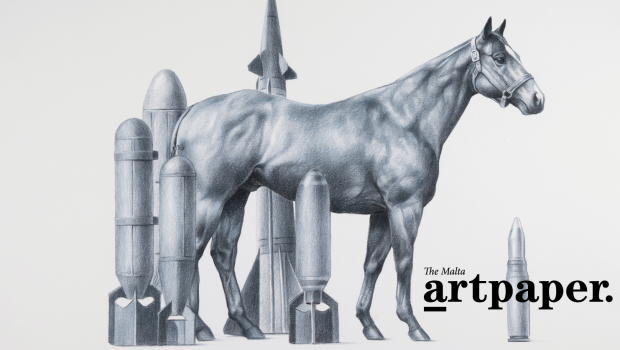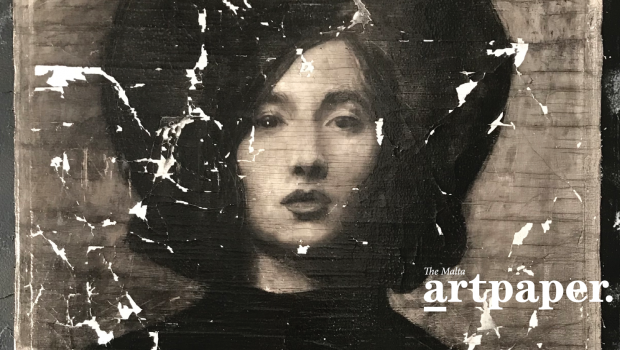The Holy Grail
Arts advocacy and revenue streams
With funding becoming ever-more competitive, and more essential to cultural institutions and artists alike, we talk to international arts funding and philanthropy expert, Melissa Cowley Wolf about arts advocacy and revenue streams.
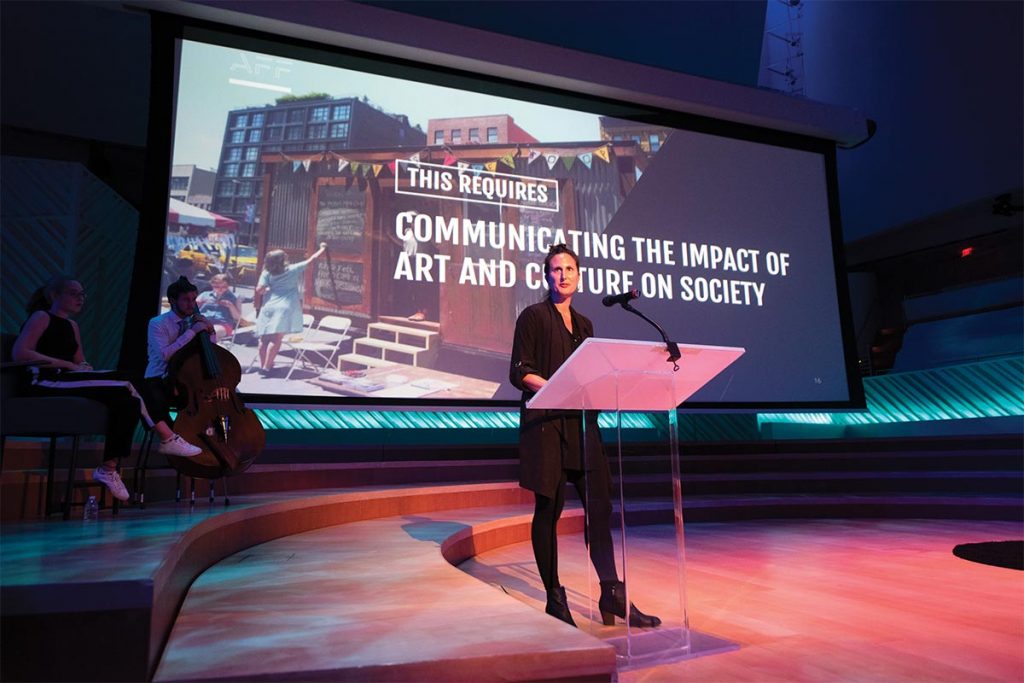
As cultural managers, funding is ever on our minds. From museum directors, to independent creative directors, securing funding for the arts is a constant endeavour. These days most organisations – from large to small – are expected to source diverse income streams; ticket sales and public funding are simply not enough to sustain a museum collection, operate a functioning theatre, or run a contemporary gallery programme. Some organisations choose to capitalise on their prestige and engage in patronage schemes with a select group of donors. Others cast their nets more widely, using crowdfunding schemes to boost specific projects. Many use a combination of ticketing and merchandising revenue, along with sponsors and donors to balance their books, with public funding also playing a part – at least locally. But whatever the organisation, and wherever it’s based, there’s no doubt that research and information is invaluable in building a successful revenue strategy, and knowing exactly how and when to implement it. And that’s where Melissa Cowley Wolf comes in.
Currently based in Malta, Melissa has worked in philanthropy for cultural institutions across the United States for over fifteen years. She’s worked with museums, institutes and graduate schools, as well as with wealth managers and family foundations, bringing both sides of the equation together to build a mutually beneficial rapport. She’s spent the past year working from South Africa, Morocco, and Europe, so while her experience and focus are mostly the United States, she’s fully aware of the different contexts that exist in the arts internationally.
Melissa sees fundraising as very much a long-term strategy – building a relationship with an audience-member or visitor that may eventually become a supporter, or a long-term benefactor. Conversely, she sees fundraising not only as an exercise in earning revenue, but also as an audience development tool; building strong relationships with donors will see them donate not only money, but also their time, energy and passion into the institution, often bringing friends and colleagues along with them.
In her eyes, traditions forms of fundraisers – the ‘gala dinner’ for example – is no longer very interesting to donors; they are far more interested in seeing the institution thrive, and in playing their part in that growth.
Melissa also believes in the cultural sector’s role in creating a culture of giving, but concedes that this is time-consuming, long-term work – it will take a generational change in audiences’ attitudes towards giving to the arts. She’s very aware of how the museum and arts industries in general are perceived by outsiders; art enthusiasts, dressed in black, looking at incomprehensible art, may seem unapproachable and put a potential donor off – it takes an open approach to make everyone feel welcome.
Also important to the sector is the role of younger generations with reasonable funds – not necessarily millionaires – who are interested in supporting a cultural organisation, or perhaps starting their own art collection. Just as the art world may hesitate to reach out to private donors, the donors themselves sometimes lack knowledge, and need guidance and some confidence to take that first investment step.
Melissa is now director of Arts Funders Forum, a platform designed to increase private support for arts and culture in the United States. Until its formal launch in December 2019, she carried out extensive research, looking at funding trends amount donors, collectors, cultural leaders, fundraisers, artists, institutions and independent organisations. What she found bore out her suspicions – that the future of private funding is a cause of worry among institutions, and that organisations are struggling to seem relevant to younger generations. The arts sector does a good job at what it does best – making art – but hasn’t paid enough attention to advocating for what it does.
So, what does the future hold? For Melissa, the coming year will see her continuing her work with Arts Funders Forum, building on their research findings to develop new cultural philanthropy models. She’ll also continue her own consultancy work, advocating for the arts internationally.
We hope that initiatives like hers, along with research and work carried out by cultural institutions, result in loyal and long-term audiences for the arts everywhere.
Melissa Cowley Wolf is founder and director of MCW Projects, focusing on expanding the next generation of cultural philanthropists, advocates and audiences.
www.mcw-projects.com

